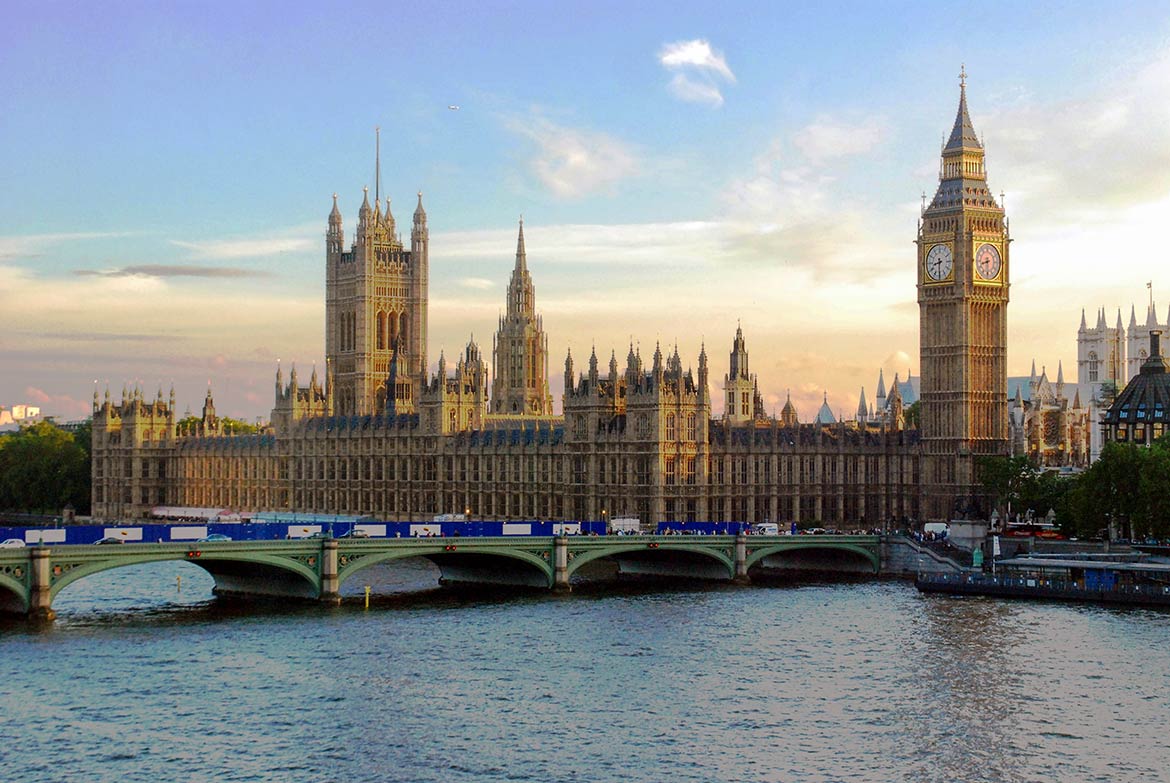


For non-European residents looking for a job overseas, Europe is known for being among the most challenging locations to move to. However, there is a severe labour shortage in several European nations right now, which has had a significant impact recently. The process of relocating to the EU for employment is currently being facilitated by most nations.
Each EU nation has its own visa regulations, which vary from nation to nation. As a result, the criteria and conditions for work visas, as well as the application procedure, are heavily influenced by each country's legal framework and need for labour.
In Europe, there are various choices for work licences, and they differ from nation to nation. The EU Blue Card, which is accessible in 25 of the 27 EU member states, is one of the work permits that are most frequently issued. The two exceptions are Ireland and Denmark.
International talent can apply for specific permits from each nation before accepting a job. We will investigate which EU nations make it the simplest and most dependable to obtain the work visas that are necessary for non-Europeans to find employment in any European nation.

A new "opportunity card" has recently been introduced in Germany to entice highly qualified migrant workers. The "Chancenkarte" is a point-based system that enables job seekers in Germany to enter the nation without having applied from outside or secured a position or an internship.
The Job Seeker visa allows the individual to stay in Germany for as long as six months while they search for a job. During this time, the individual is not permitted to work, but they can attend job interviews and look for work opportunities. Once they find a job, they can then apply for a work visa.
To be eligible to apply for this visa, the applicant must be less than 35 years of age, have three years of experience in the relevant field and know the language to communicate.
Denmark is in desperate need of labour across a wide range of industries and is appealing to foreign experts to step in and assist. From legal and medical professionals to teachers and IT specialists to electricians, blacksmiths, and metalworkers, skilled workers are needed in a variety of professions, including science, engineering, law, and healthcare.
Work visas are offered by Denmark based on different schemes. It can be the Positive List Scheme, the Green Card Scheme or the Pay Limit Scheme. It is crucial to note that regardless of the plan you apply for, you will need a proper job offer from a Danish employer, and you must meet the requirements of the scheme you are following.
Although the UK does not take part in the Blue Card programme, there are other work permit options for your skills. International recruiting within the UK is a very significant yet challenging problem, especially in the wake of Brexit.

The Skilled Worker Visa is a popular choice if you wish to employ someone in the UK. The applicant can enter or stay in the UK with a skilled worker visa if you want to work for a recognised firm in a position that qualifies. The Tier 2 Visa has been replaced by this one.
Apart from that, you may also apply for a Scale-up visa, Senior or Specialist Worker, Intra-company visa, Global Talent visa, etc.
A short-term visa has recently been introduced in Portugal for workers who plan to stay there for only one season. You can work in Portugal for a maximum of nine months if you have a Portuguese work visa.
Your profession will determine if you qualify for any other longer-term work visa. Although it can take many months for applications to be processed, once they are, you are able to stay in Portugal for a year or two.
In Ireland, obtaining a work visa is not too difficult. Before submitting an application for a visa permit, you must have a job lined up.
The Critical Skills Work Permit for highly skilled employees and the General Employment Permit are the two main types of work visas available in the nation.
It's crucial to be aware of your work visa options when thinking about taking a job abroad. For international talent who wants to work in Europe, there are several options. Each EU country offers its own set of work visas with certain benefits. Some of these nations provide easy access to work permits, primarily due to a lack of labour force.
Portugal is a fantastic alternative for anybody considering a temporary migration. In addition, you can choose any of the nations stated above.
The country in the European Union where you want to work will determine how much the visa will cost. For instance, the price in Germany is 80 USD, whereas it might reach 100 USD in France. Moreover, the prices mainly depend upon the validity and implications of the visa.